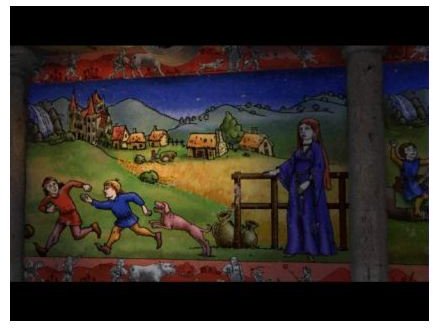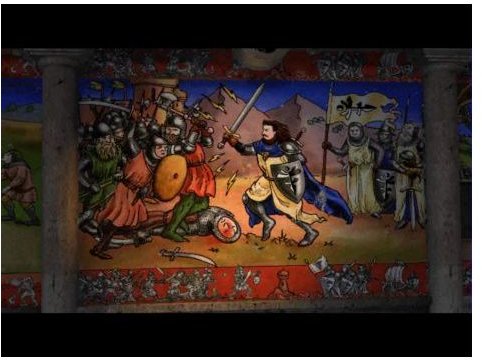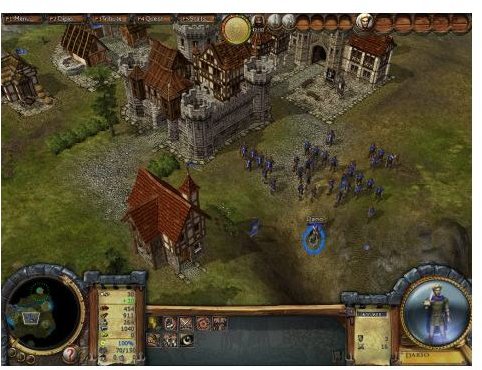Review of Settlers: Heritage of Kings

The original version of ‘The Settlers’ was seen as innovative, particularly in its full usage of available computing resources at the time. ‘The time’ was mid-nineties, 1994 to be specific, and the game was well-received by gamers and experts alike; the management of large numbers of individual characters, such as the serfs or knight units generated in the game, coupled with the intuitive interface made it a success.
‘Heritage of Kings’ isn’t anywhere as innovative as its predecessors of course, but as an RTS (real-time strategy) game it isn’t any disaster. The main virtue which an RTS player needs is patience, and here one needs more than usual as we will gradually discover by reading onwards.
Graphics (3 out of 5)
As with most RTS’s, graphics aren’t as important as game-play although strategy titles still need clarity in their visuals. Here, the characters are well discernible and you will have no problems distinguishing the kinds of terrain, from mountainous to swampy, where you will build your settlement.
When you decide to upgrade your buildings, the visual aid is welcome; they will change in appearance and will give you a feeling of the growth of your once meagre settlement, from stone housing to the grandeur of a university (upgraded from a college).
The videos which support the main thread of the story are particularly well done. They certainly give a feeling of the Medieval times in which the game takes place, particularly in the use of stills to support your progress; the drawings evoke a symbolism often seen in Medieval depictions, ‘cartoonized’ versions of Giotto or Lorenzetti if you like.
Story video

Gameplay (3 out of 5)
The aim of the game is to create thriving settlements to then advance to the next town. You will either start from scratch or try and save an existing settlement from invasions and rescue dilapidated buildings. Throughout your advancement the motions are mostly the same: build a stronghold, focus on gathering resources and prepare an army to repel invaders.
(contd. overleaf)
The main game interface remains as intuitive as previous versions of the game. You have a tool-bar at the top of the screen where you can save your game, execute trades and look at various statistics. At the right of this bar, you can see the characters you are controlling in the game, which will increase as you advance, and the number of serfs you have. Build housing to gather settlers and productive buildings like mines, timber-yards or mason-huts.
Army-units are generated in blocks, which means as you click on ‘swordsman’ or ‘cavalry’ you get so many soldiers. Fighting is generally poor however; you don’t need formations and just need to build armies in numbers and throw them in the mix to win a battle.
All this will undoubtedly appeal to some strategy fans but, in truth, there is little else to the game. Apart from the addition of characters as you change towns, the maps mostly look the same and there isn’t enough micro-management (apart from minor taxing issues) for a game of this type. It is very easy to complete without much effort once you understand what to do and, subsequently, much less satisfaction.
An army of swordsmen

Audio (4 out of 5)
No real qualms in the sound department, the usual offering of renaissance ‘chansons’, majestic orchestral sweeps and battle music which will get you in the mood. The noise of the hustling-and-bustling conveys the idea of the setting quite well; for instance as you zoom in (page up) you can hear the mason chipping away or your serfs working hard to chop those trees.
As you click on your workers or serfs they will happily share their thoughts on your settlement, in a strange Cornish or Welsh accents.
Overall (3 out of 5)
I personally liked this game, although that hardly makes it objective journalism. Oddly, real fans of settlers may be disappointed since there isn’t enough variation and not as much management as encountered in the previous games. This lack of pace and monotony may keep most gamers at-bay, but those who prefer a relaxed style of RTS without much thinking may find it appealing.
